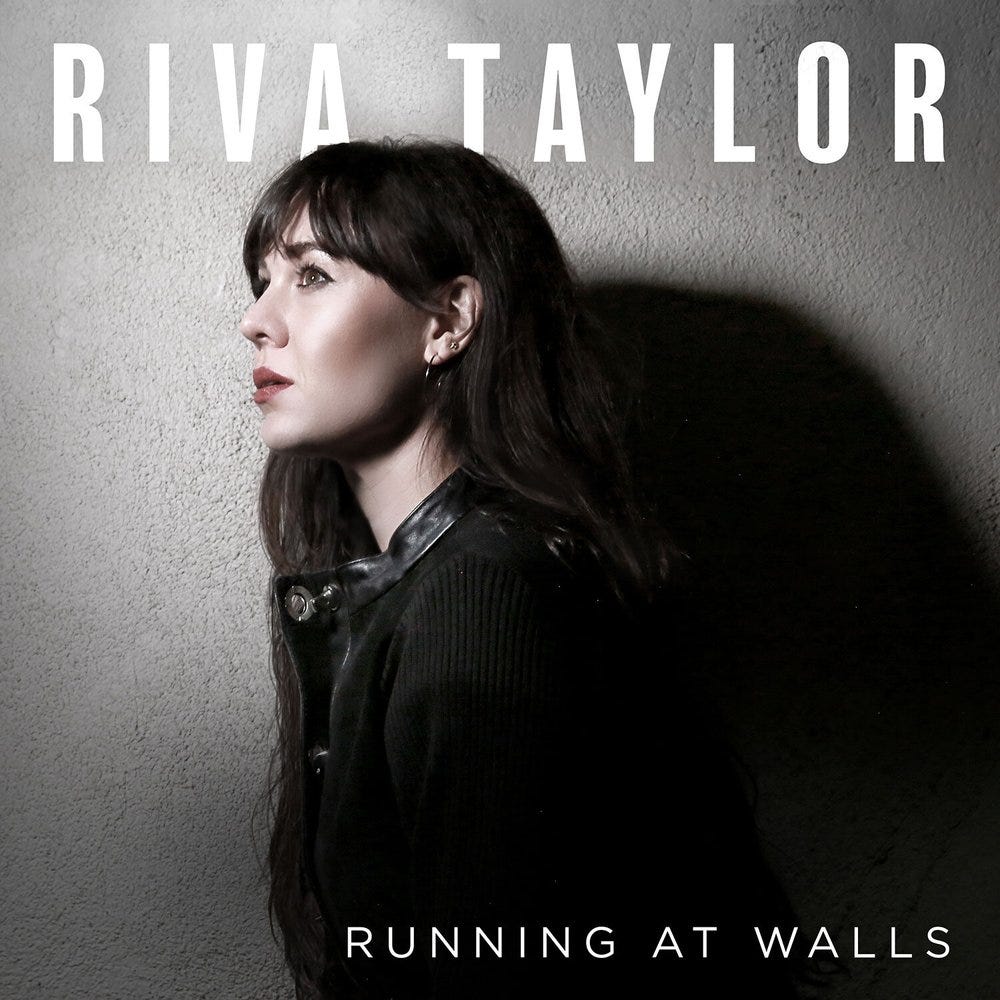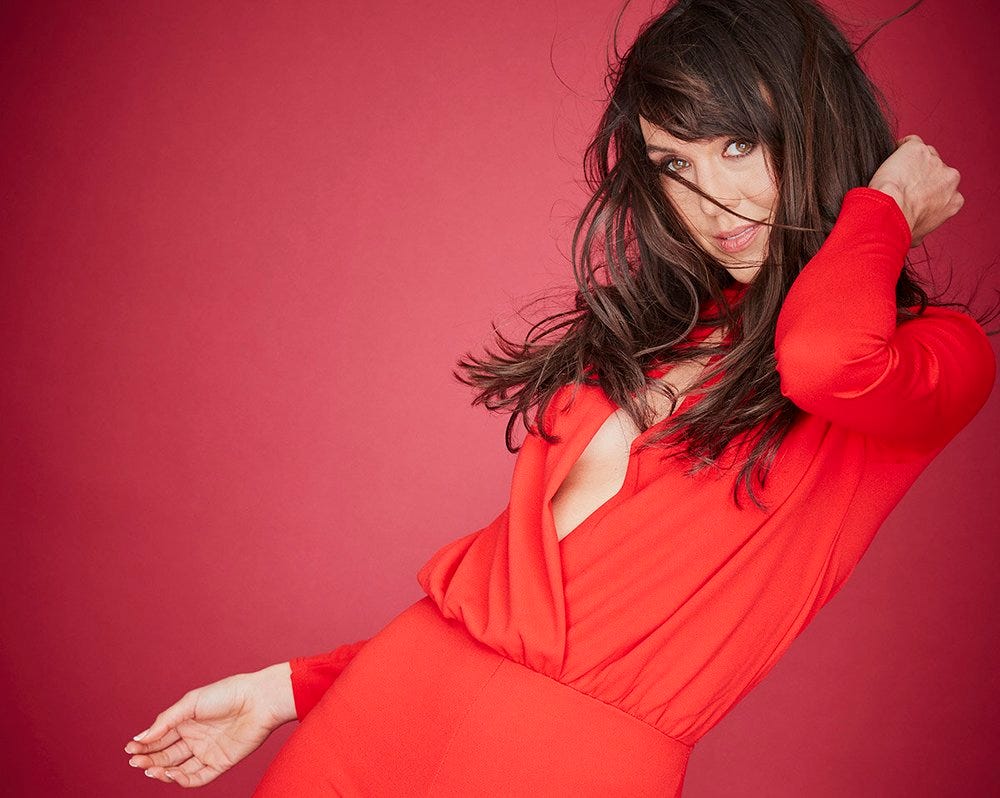Interview: Pop Singer Riva Taylor
Riva Taylor has been complimented by Usher (“great voice!”), had her work played by Sir Elton John on his Apple Music Beats 1 radio show, worked with the always fabulous gentleman known as Hans Zimmer on a video game soundtrack, and has led a successful career that began with a young role in a West End production of Les Misérables. She chatted about staying relevant in the very short attention spanned pop music industry.
If you were a 12-year-old today, would you choose a significant label again or remain an independent artist?
A question I've asked myself a lot over the past few years. How would I have fared as a young artist in this exciting time for music where streaming has wholly turned things on its head, and where artists now don't need a major label machine to be heard! When I was first signed - the whole process of signing to a major label was an exciting prospect and was the only option. The most important thing I took away from those years; however, is the importance of the team supporting an artist, a solid understanding of the artist, and a collective and cohesive vision. I'm doing things more independently these days, which is feeling like a good fit in allowing me the creative freedom that wasn't so readily on offer when I was signed before. A long-winded way of saying - I'd be on this path that I'm on now, approaching independently at first through the development phase and would be open to signing to a major again if they enjoy and would give proper support to what has been worked up over the past few years.
How might you go about getting discovered today?
Create noise. Do as much as you can both online, in the live space, collaborate with other creatives. Something else that seems to have changed over the past decade or so is the potential for a musician to extend their earning potential beyond just music, into areas such as brand partnerships. Multi-dimensionally seems to be appealing these days.
Getting a university degree is very divisive. Some people like me feel we wasted our time because it doesn't impact our careers. And others not so much. Do you think your degree was worth it? Would you, in another what if, get a degree again?
It was utterly pointless I felt at the time! I did a degree in history - and I have no interest in becoming a tour guide at Hampton Court Palace! No seriously, It was a funny period of my life actually. The first time I'd almost entirely stopped working as a singer since I was a kid! I was in the West End when I was seven and was signed at 11, and always run my career alongside my education. I thought about leaving university and getting back to making music a little too often. I was sad without music! But I'm personally pleased I stuck it out. I loved writing my dissertation about the history of R&B music and the British Invasion on the 1960s so the music never really left me in those years.
How do you feel about the big transition from youth talent to a grown-up singer? It seems it is a confusing time in one's career for plenty of actors and singers.
It's tough. And I wish I had had a little more preparation for it, as well as others, helping. It was like someone turned on a switch one day - I could no longer hide behind being a kid in the music biz and felt everyone was suddenly watching me differently, and questioning my identity as an artist. The label didn't know who I was as an adult; I don't think I did either. It took me years to explore my musical options and directions in the studio. A lot of my album is written around this evolution from girl to woman.
With streaming changing the way life is for artists in your career, and you began when people bought physical CDs, how do you as an artist work to earn a living doing what you love? Asking because somewhere, some rockers and pop singers might want to know.
I do corporate gigs; I offer my voice to soundtracks (like video games) and adverts (like a recent Amazon Prime advert)
When I left uni, I threw myself headlong into the daily grind and experienced the corporate world. I ruled that out after a year in finance and knew that music was my calling - so now I try everything I can to be working in music doing what I love.
Everyone's music career is an investment, financially and otherwise. Much of it, we don't see when someone is on stage. I found a great cartoon chart online about the iceberg of acting I always share with people and how the tip of the iceberg is what we know. What did you and do you invest into your career?
I have to say - top marks on the questions here.
Every day is an investment you're right; musicians are expected to dedicate a lot of their time unpaid for their passion at their own risk. Remaining headstrong and surrounding yourself with people who understand that investment, and that it sometimes takes time to pay off, is important in keeping going. Not only that, very often, we have to financially front things until others invest.
What do you want to do with your music career over the next decade, the second coming of the roaring '20s?
A decade of economic prosperity AND attempt to rock the flapper outfit? Yes please to both. Maybe I'll be smoking an e-cig through one of those long elegant holders!
Seriously - release the album next year, leading to a string of releases to follow I hope that the audience loves.
Perform in all sorts of venues in new and interesting places - hopefully back in Asia, somewhere I always used to love promoting and performing.
Collaborate, enjoy the graft, push my musical boundaries, oh and launch my music charity and hopefully help those its intend to support. The ultimate goals - Bond Theme and the Olympic opening ceremony. I have ten years. GO!




